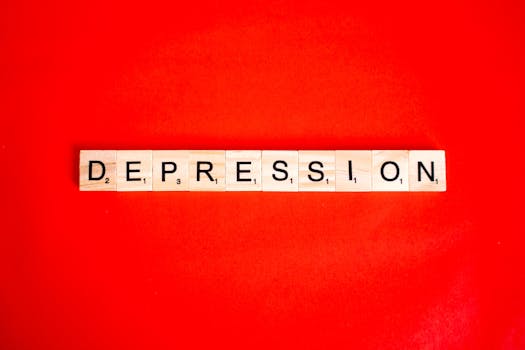
Regular Exercise and Mental Health: Benefits and Importance of Physical Activity
Regular exercise is essential for maintaining good mental health. It can help reduce stress, anxiety, and depression, while improving mood and cognitive function. Regular exercise is a natural way to boost mental health, and it’s essential to incorporate physical activity into your daily routine.
Benefits of Regular Exercise on Mental Health
Regular exercise has numerous benefits for mental health, including:
- Reduced stress and anxiety: Exercise is a natural stress-reliever and can help reduce anxiety symptoms.
- Improved mood: Exercise releases endorphins, which are chemicals that improve mood and reduce symptoms of depression.
- Improved sleep: Regular exercise can help improve sleep quality, which is essential for good mental health.
- Increased self-esteem: Exercise can help improve self-esteem and body image, which can reduce symptoms of anxiety and depression.
- Improved cognitive function: Exercise has been shown to improve cognitive function, including attention, memory, and processing speed.
How Exercise Affects Mental Health
Exercise affects mental health in several ways, including:
- Releasing endorphins: Exercise releases endorphins, which are chemicals that improve mood and reduce symptoms of depression.
- Reducing inflammation: Exercise has anti-inflammatory effects, which can reduce inflammation in the brain and improve mental health.
- Improving sleep: Regular exercise can help improve sleep quality, which is essential for good mental health.
- Reducing stress: Exercise is a natural stress-reliever and can help reduce symptoms of anxiety and depression.
Types of Exercise for Mental Health
There are several types of exercise that can benefit mental health, including:
- Aerobic exercise: Aerobic exercise, such as running, cycling, and swimming, can help improve mood and reduce symptoms of depression.
- Strength training: Strength training, such as weightlifting and bodyweight exercises, can help improve self-esteem and body image.
- Yoga and Pilates: Yoga and Pilates can help improve flexibility, balance, and cognitive function, while reducing stress and anxiety.
- High-intensity interval training (HIIT): HIIT involves short bursts of high-intensity exercise followed by brief periods of rest, which can help improve mood and reduce symptoms of depression.
Getting Started with Exercise for Mental Health
Getting started with exercise for mental health can be challenging, but there are several tips that can help:
- Consult a doctor: Before starting any new exercise program, it’s essential to consult a doctor, especially if you have any underlying medical conditions.
- Find an exercise you enjoy: Exercise should be enjoyable, so find an activity that you enjoy and that fits your lifestyle.
- Start slowly: It’s essential to start slowly and gradually increase the intensity and duration of your workouts.
- Find a workout buddy: Having a workout buddy can help motivate you to stick to your exercise routine.






